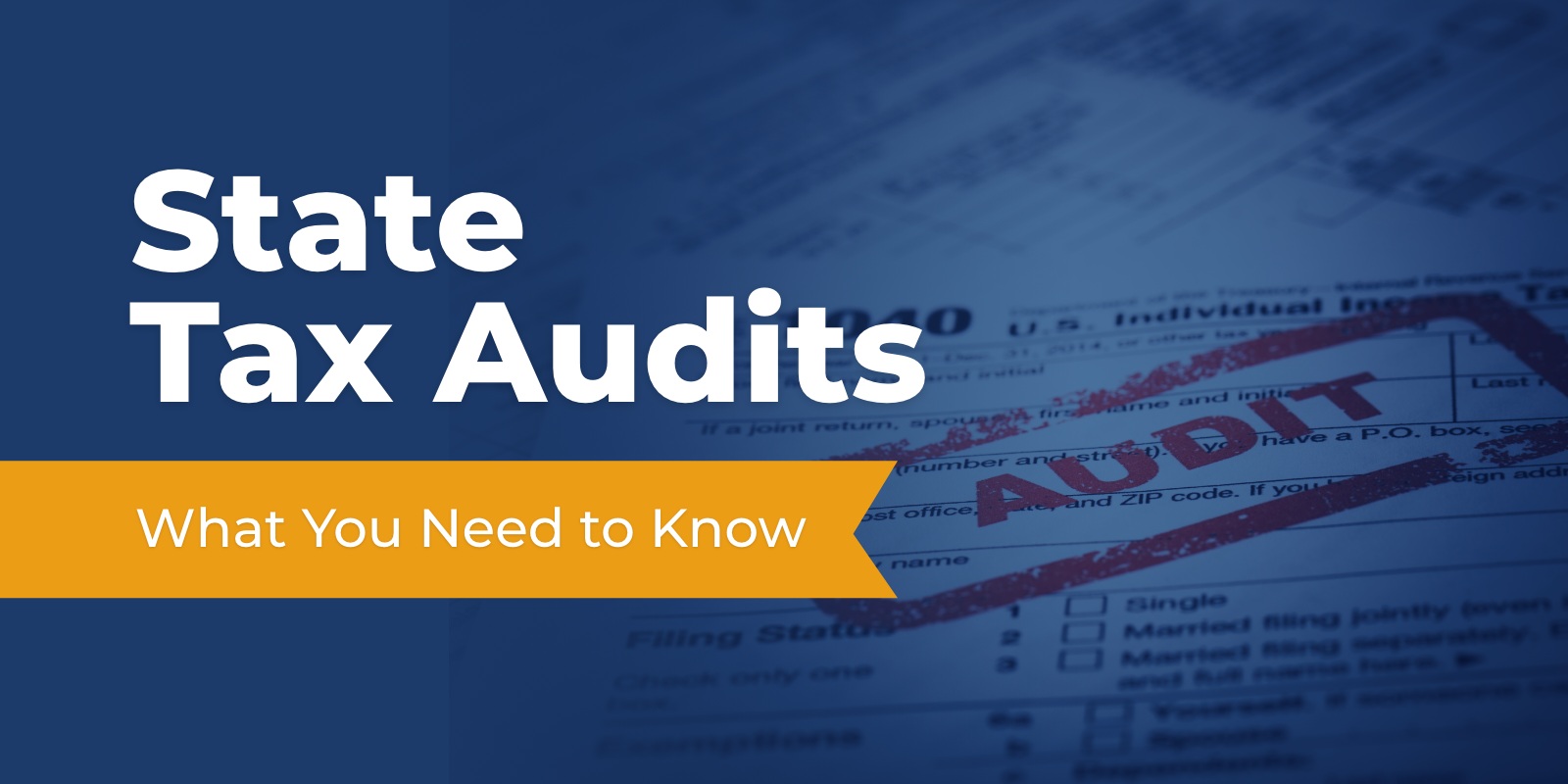
We often discuss IRS tax audits, but you can just as easily be audited by your state. Like an IRS audit, state tax audits can be stressful and intimidating for taxpayers. But what triggers a state tax audit? Is it less severe than an IRS audit? Would a state tax audit result in an automatic IRS audit? Here’s what you need to know about state tax audits.
What is a state tax audit?
A state tax audit is an audit performed by your state’s Department of Revenue because they believe there is a discrepancy on your state tax return. It is no less severe than an IRS audit and can result in financial and legal consequences. During the audit, your state will review your state tax return to verify that your reported income and deductions are correct. Typically, your state will send you a written notice in the mail to inform you of the audit. The notice should include the tax years they plan to review. It will also note any information you will need to provide and their contact information. You can opt to have an accountant or tax attorney represent you during the audit or proceed without one.
Once the audit is completed, your state will send you a written notice of the results. The results can lead to the acceptance of your state tax return with no further action needed. However, it can also result in taxes and penalties owed. The taxpayer may be entitled to appeal the judgment if they don’t agree with the audit results. Depending on the state, the appeals procedure may include a hearing before an administrative law judge or an appeals board.
What triggers a state tax audit?
You should be aware of frequent errors that can result in a state tax audit. These can include:
- Failing to record all income. You are required to report all income, including self-employment, rental, and investment income. Not doing so is one the fastest ways to trigger an audit.
- Being a nexus. If your business is a nexus, or a company that has a presence in one or more states, you might be at risk of a state audit. Each state will want to ensure you are complying with their individual tax laws.
- Failing to report use tax. If you purchase taxable items in one state and intend to use, store, or consume them in another state, you must pay use tax in your own state. For example, if you purchase a car in a state that does not charge sales tax, but plan to use the car in a state that does, you must pay use tax on the purchase price of the car in your state.
- Being a sole proprietor. If you are a sole proprietor and prepare your own tax returns, you may be viewed as more likely to make a mistake when filing.
Misreporting data, math mistakes, incomplete state tax forms, excessive deductions, and failing to file your state tax return on time are some more common reasons for state audits.
Will a state tax audit result in an automatic IRS audit?
Your biggest worry when being audited by your state Department of Revenue is whether you will also trigger an IRS audit. While there is no certainty of this happening, it definitely is a possibility since both state and federal taxing agencies communicate with each other. Large mistakes on your state return will likely result in an IRS audit, but small mathematical errors may not. In some cases, your state might require you to amend your state return, which can impact your federal tax return, thus getting the IRS’s attention. It goes without saying that the best way to avoid a state or federal tax audit is to submit complete and accurate tax returns. Facing an audit can be stressful and intimidating but having audit representation can have a positive impact. Optima Tax Relief has over a decade of experience representing clients during both state and IRS tax audits.
Contact Us Today for a No-Obligation Free Consultation